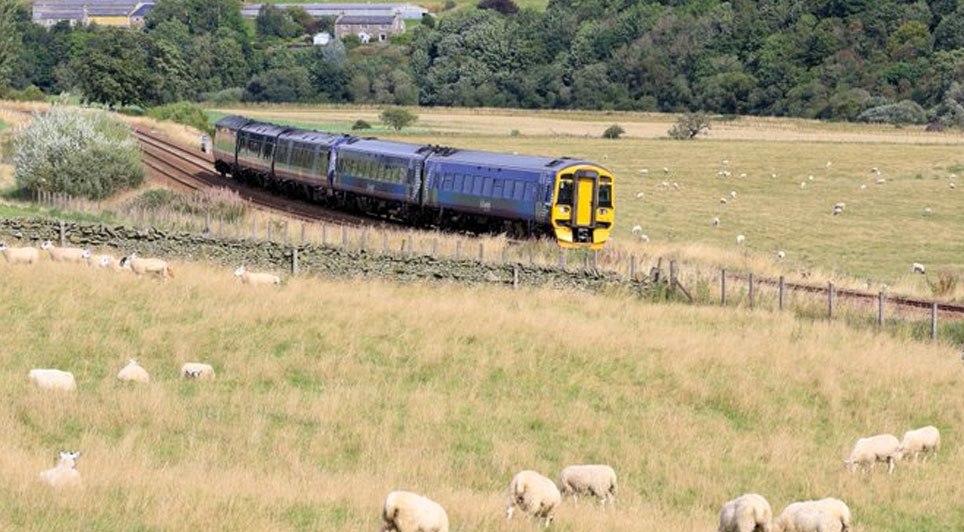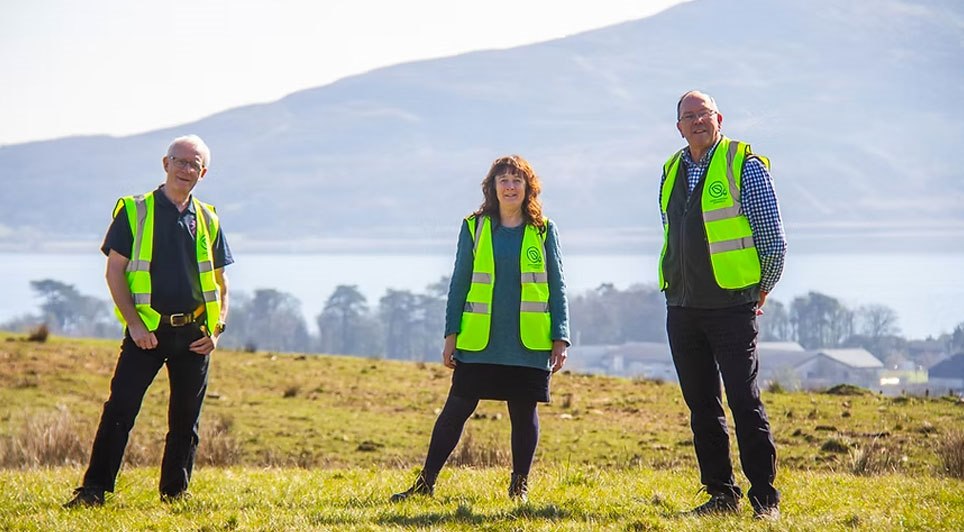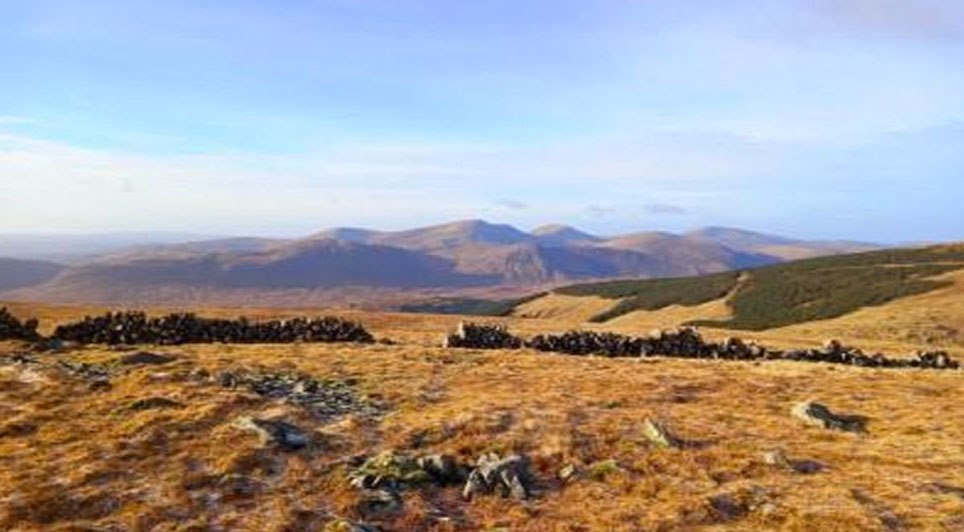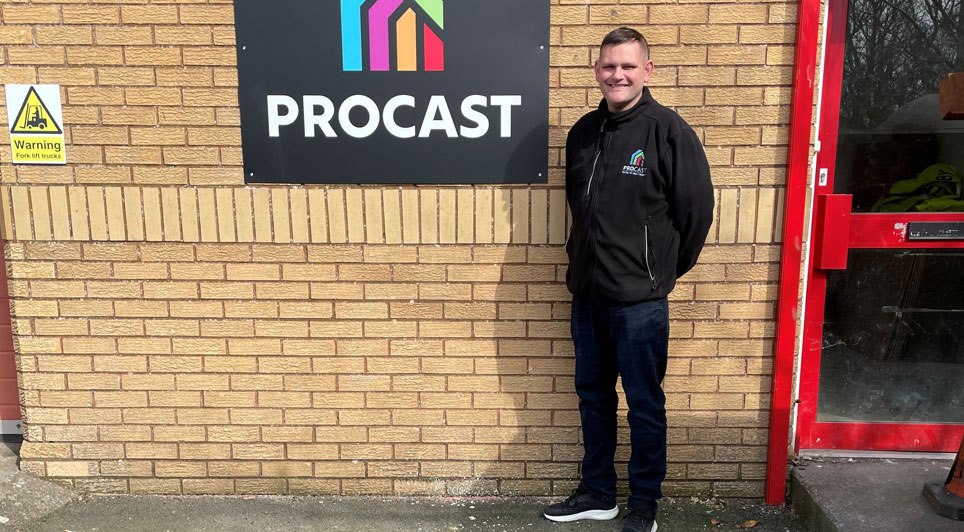Offshore drilling activity across North West Europe fell 12% in 2011 with 122 exploration and appraisal wells drilled across the region, compared to 139 in 2010, according to an end of year review released by Deloitte.
The report, which documents drilling, licensing, field developments and new field start ups in North West Europe’s oil and gas industry throughout 2011, shows that the UK Continental Shelf (UKCS) experienced a 34% decrease in drilling activity year on year with a total of 49 wells spudded compared to 74 wells in 2010. This is the lowest level since 2003 and represents a 37% drop on the average number of wells spudded each year for the last decade.
The trend in the UK is very different from the rest of North West Europe, however, with the Netherlands, Denmark and Greenland experiencing levels either above or equal to the previous year. Norway saw the largest increase with a 12% rise from 2010.
The report by analysts at Deloitte’s Petroleum Services Group shows:
* New field start ups continued to drop across both the UK and Norway.
* New field development approvals rose.
* Deal activity similar to 2010 but down 25% from 2009.
* Farm-in deals remain the most common type of deal, accounting for 53% of all activity.
* New players and companies are entering the UK, Norway and Ireland following the latest licensing rounds.
"The low activity on the UKCS is not what we would normally expect in a year when the average monthly Brent oil price has remained well above $100 USD per barrel, however, the downward trend is the result of a number of factors rather than any one single issue,” said Graham Sadler, managing director of Deloitte’s Petroleum Services Group.
"While the Supplementary Charge Tax imposed early in 2011, and further alterations to the fiscal regime, may have affected business confidence, given the lead time required for planning and drilling of exploration and appraisal wells, the full effect of this tax change may not be evident until the end of 2012 and beyond.
"It is more likely that a delayed reaction to the 2008 recession, current economic and market factors, delays affecting rig availability and the maturity of the UKCS are the key contributing factors."
It is also possible that the impact of the financial crisis is more evident on the UKCS, compared to other regions, due to the range of companies which hold acreage there now. 33% of the wells drilled in the UK during 2011 were operated by small independents and 39% by medium sized independents that may have been prone to difficulties in acquiring capital for investment in drilling.
Despite this, the report shows there has been a continued appetite for investment in the UK with a larger number of significant development projects granted approval during 2011.
"This is a sign of companies looking to get the best return on their investment by monetising their assets during a period of sustained high oil price. The same trend can be observed in Norway with an increase in the number of development plans granted approval during 2011," added Sadler.
"Moving into 2012 it is unclear whether levels of exploration and appraisal drilling will return to pre-2011 levels as the current factors driving decision making may continue to have an influence, along with the limited number of outstanding well commitments still to be met from the UK’s 25th and 26th Licensing Rounds, which may see levels continue to remain low in the next few years. We would however expect to see additional investment coming onstream in the months ahead and a number of field developments pushed forward."
Deal activity in 2011 remained positive with a total of 73% of the 118 deals recorded throughout North West Europe taking place in the UK (52%) and Norway (21%). Farm-ins remained the most common type of deal (53%) with asset acquisitions representing 18% of all activity, a marginal increase on 2010 figures.
Graham Hollis, energy partner at Deloitte in Aberdeen, said: "The sustained oil price is thought to be the main driver for the increase in merger and acquisition activity and asset acquisitions in 2011 compared to 2010. Companies had the opportunity to review their portfolios or increase their equity interest in reserves and the oil price may have allowed companies to take larger, more risky deals. This may also have led to companies buying more producing assets as opposed to exploration assets.
"The recent high levels of farm-in activity most likely indicates that a number of financially stressed companies were seeking partners to mitigate financial risk and meet their work commitments. Interestingly the number of asset acquisitions was lower in 2011 and 2010 compared to the two years before as were corporate deals and international deals.
"This again is likely to be due to companies reacting to the recession in the UK but also due to the high premiums paid for asset and corporate deals at a higher oil price."
(GK/DW)
Construction News
19/01/2012
Drilling Activity Down 34% Across UK Continental Shelf In 2011

15/04/2025
Construction of a £70 million student accommodation development at 292-298 St Vincent Street in Glasgow has reached a significant milestone, with the building now visibly rising from the ground.
Drone footage has captured the progress of the project, which is a partnership between developer Artisa

15/04/2025
Energy regulator Ofgem is expected to confirm today (April 15) its finalised Connections Reform process, designed to expedite grid connections for renewable energy projects that are ready and crucial for achieving the UK's clean power targets for 2030 and beyond.
The new connections system, anticip

15/04/2025
The ambitious transformation of Glasgow’s landmark George Square has moved into a tangible phase with the commencement of the erection of hoardings around the perimeter of the civic space. Starting today, the hoardings will enclose the Square for the duration of its 18-month redevelopment.
The pane

15/04/2025
Members of the public are invited to attend a consultation feedback event to discuss the proposed infrastructure associated with a new underground electricity transmission cable between the Kinardochy and Errochty substations in Perthshire.
The event will take place on Monday, 28 April, from 4 pm t

15/04/2025
Turner & Townsend have been appointed as project managers to develop a business case for the potential extension of the Borders Railway beyond its current terminus at Tweedbank to Hawick and Carlisle.
This key appointment will enable crucial work to progress on the project, including feasibility s

15/04/2025
Arran Community Renewables, a Community Benefit Society based on the Isle of Arran, has secured planning consent for a 6 MW solar farm. The Glenkiln Solar Farm, located approximately 1km west of Lamlash, is projected to generate 5,600MWh of clean renewable energy annually from 2027.
The £5 million

15/04/2025
A new Route Map has been published by the Scottish Land Commission (SLC) to ensure communities across Scotland secure tangible and long-lasting benefits from nature restoration projects and investment in the country's natural environment.
The practical guide is designed for landowners, developers,

15/04/2025
Award-winning principal contractor Procast Group has further expanded its presence across Scotland with the opening of a new base in Dumfries. The Hamilton-based firm has invested £30,000 in a new warehouse and office facility in the Maxwelltown Industrial Estate in Dumfries and Galloway, marking it

14/04/2025
Glasgow City Council's Affordable Housing Supply Programme (AHSP) facilitated the completion of over 1,000 new affordable homes in the city during the past year, despite facing budgetary reductions at the start of the financial year.
The initial grant of £78.687 million from the Scottish Government

14/04/2025
A key phase of Scottish Water's £11.5 million project to upgrade a strategic rising sewer main connecting Renfrew and Glasgow is set to begin, resulting in a significant road closure.
From Monday, 28 April 2025, Ferry Road in Renfrew will be closed to all vehicular traffic for a period of four mont
 Scotland
Scotland UK
UK Ireland
Ireland London
London









